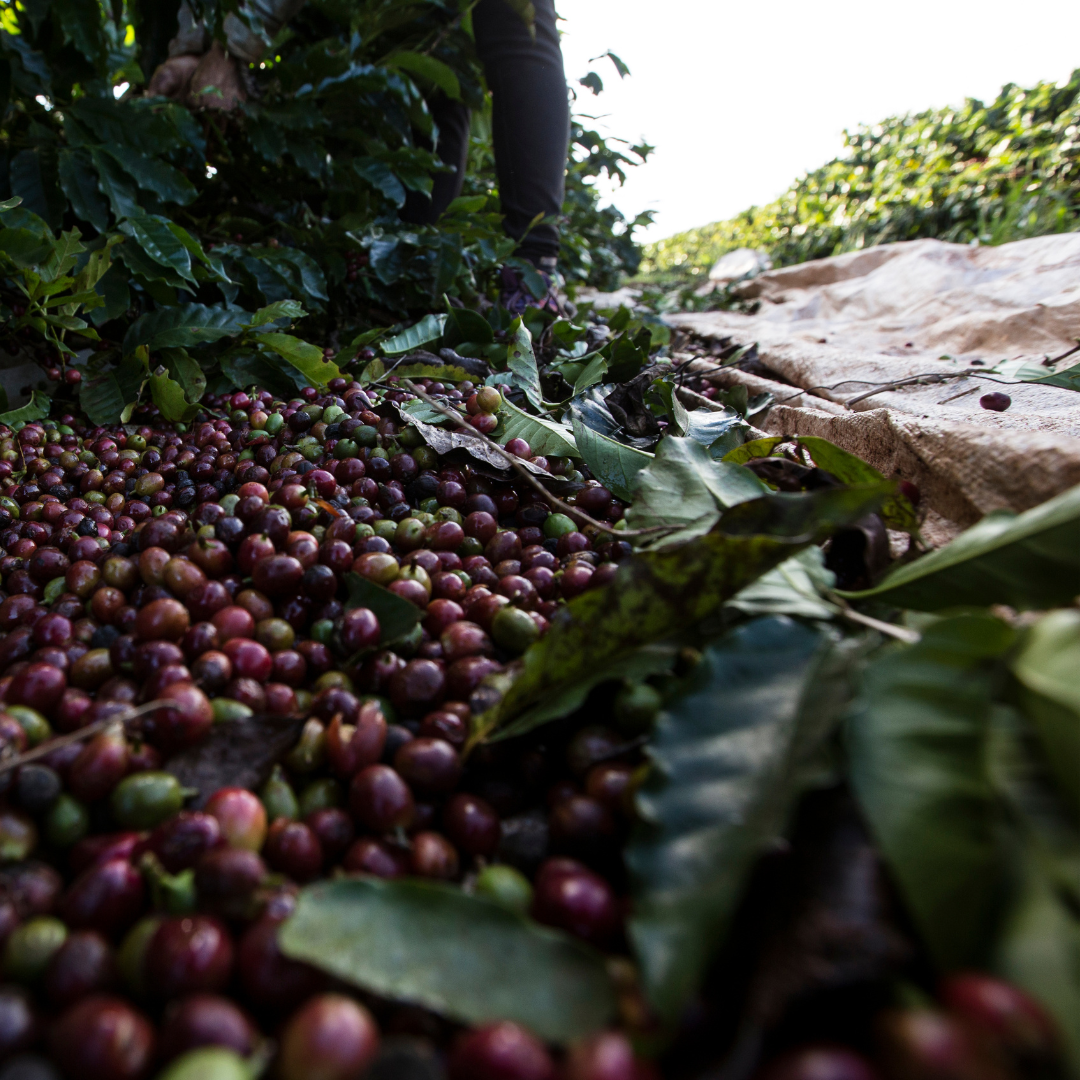
What is So Special about Specialty Coffee?
Share
Specialty vs. Commodity: what’s the difference? When it comes to coffee the difference between the two is startling. One of my missions when I started Mood was to try and convert as many coffee drinkers to specialty coffee as possible. It’s a cause I believe it so deeply because it affects so many things in our life, from the air we breathe to the water we drink. And if you are a coffee drinker, it matters even more because the way things are going at the moment, we may not have coffee for much longer. I’d like to change that.
First, a bit of background on the differences between commodity coffee and specialty coffee. To break it down for the finance nerds (this gets me excited!), it might be helpful to point out that commodity coffee futures are traded on the ICE (Intercontinental Exchange). Just Google “Coffee C Futures” and you’ll get the current trading price. Commodity coffee is one of the highest traded commodities in the world, some speculate that it’s only second to that of oil. So yes, coffee is a big deal.
The difference between commodity and specialty starts with a grading system. Prior to coffee being purchased, experts (various qualified green buyers) will grade the farm’s lot(s) of coffee. If a particular lot is awarded 80 points and above on the SCA (Specialty Coffee Association) grading scale, it is considered specialty. If it’s awarded below 80 points, it’s considered commodity coffee and the price will be determined by the C market. Specialty coffee prices are dictated by quality whereas commodity coffee prices are dictated by supply and demand. The difference in price between specialty and commodity is staggering. Therefore it will always be in the farmer’s best interest to grow quality coffee.
Here is my summary of why you should always choose specialty coffee over commodity:
- Farmers can’t make a living off of commodity coffee. They don’t get paid nearly enough as they should. We need to treat our partners better if we want to have a future with coffee in it.
- Specialty coffee is healthier. The sheer number of people that have told me they had an adverse reaction to drinking coffee so now they avoid it is wild. They were drinking commodity coffee which consists of subpar crop. Ever eat a rotten vegetable and not feel so great afterwards? Same difference.
- It tastes better. Because commodity coffee is low quality, roasters have no choice but to roast the coffee until it’s nearly burnt (which also leads to digestive issues). If they roast anything short of that, you’ll notice something is off. Specialty coffee is roasted to showcase the bean’s inherent flavours which are wonderfully sweet with a touch of acidity and bitterness for balance.
- Specialty is better for the environment. When farmers get paid properly, they actually put effort into their farm and crop. As a result, there is less environmental impact. It’s a win-win.
Something else should be said about looking for coffees that are certified “fair trade” or “organic”. A farmer who produces specialty coffee doesn’t technically need these certifications because of all the care and effort that is going into their farming practices. Sure, the certifications are nice to have but they also cost money (more money out of the farmer's pocket). For clarification, commodity coffee can also obtain “fair trade” and “organic” certifications but that won't mean they have a good crop. So in conclusion, these certifications aren’t a true indication of the quality of what you are ingesting.
My final rant about commodity coffee is that the public is paying way too much for it. Take, for example, the pod coffee that is all the rage these days. You’re paying more per gram for low quality coffee than you’d be paying if you purchased some freshly roasted beans from a local roaster or cafe. In the end the larger corporations pay pennies for bad coffee and charge the public a premium for it under the guise of great marketing and sparkly colours.
It’s a lot to unpack and I’ve barely scratched the surface with this post but I hope this helps give a clearer picture of what specialty coffee is all about (and why a latte costs $6+ these days).
If you’re interested in learning more, here are a few resources:
- Abyss Coffee did a great white paper on the C market. There are graphs and everything! Check it out here.
- The CBC did a feature on Montreal’s coffee scene recently, with an emphasis on climate change. Check it out here (you need a free CBC Gem login to watch).
As always, if you’d like me to do a more in-depth post on the world of specialty coffee, let me know!

